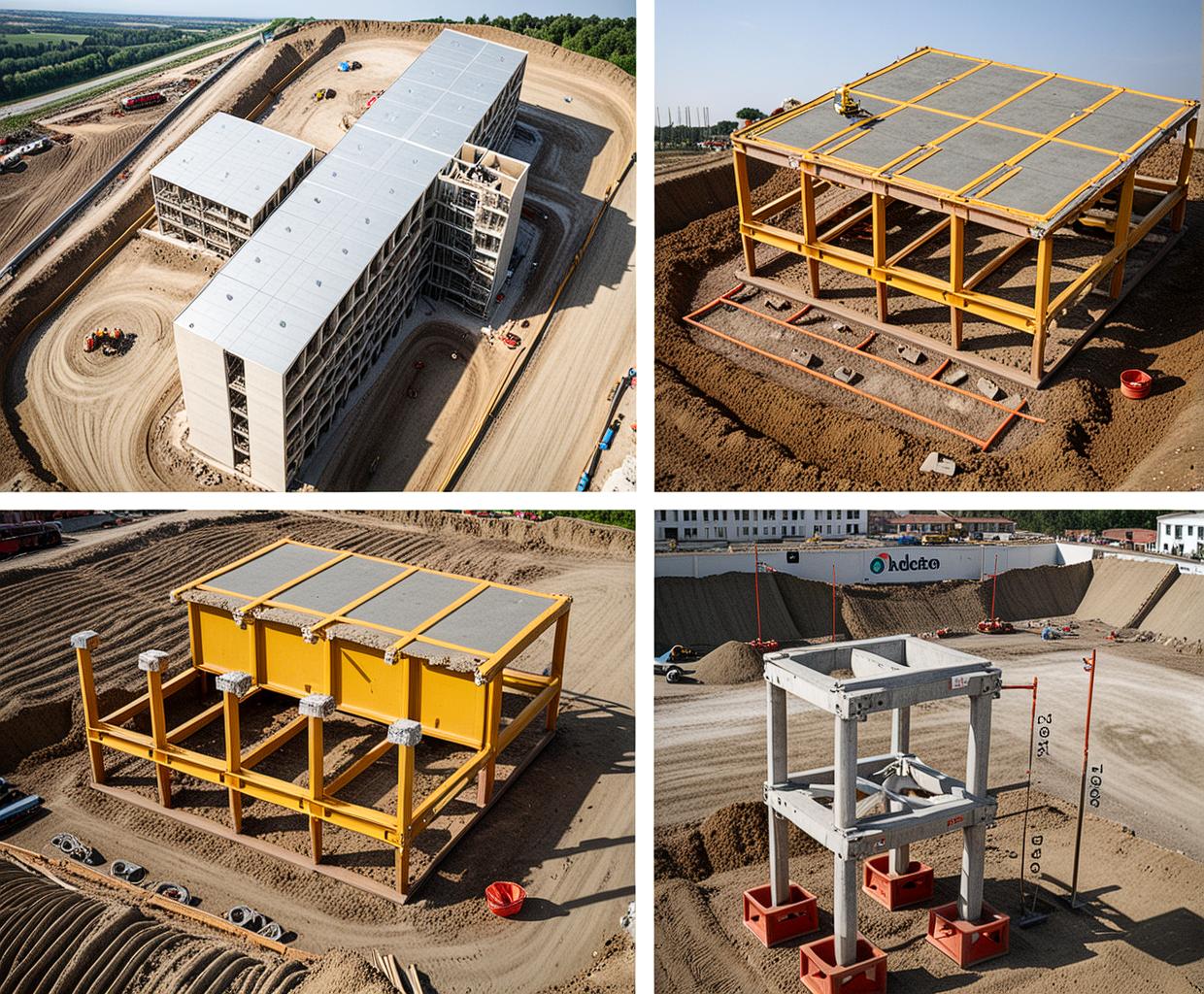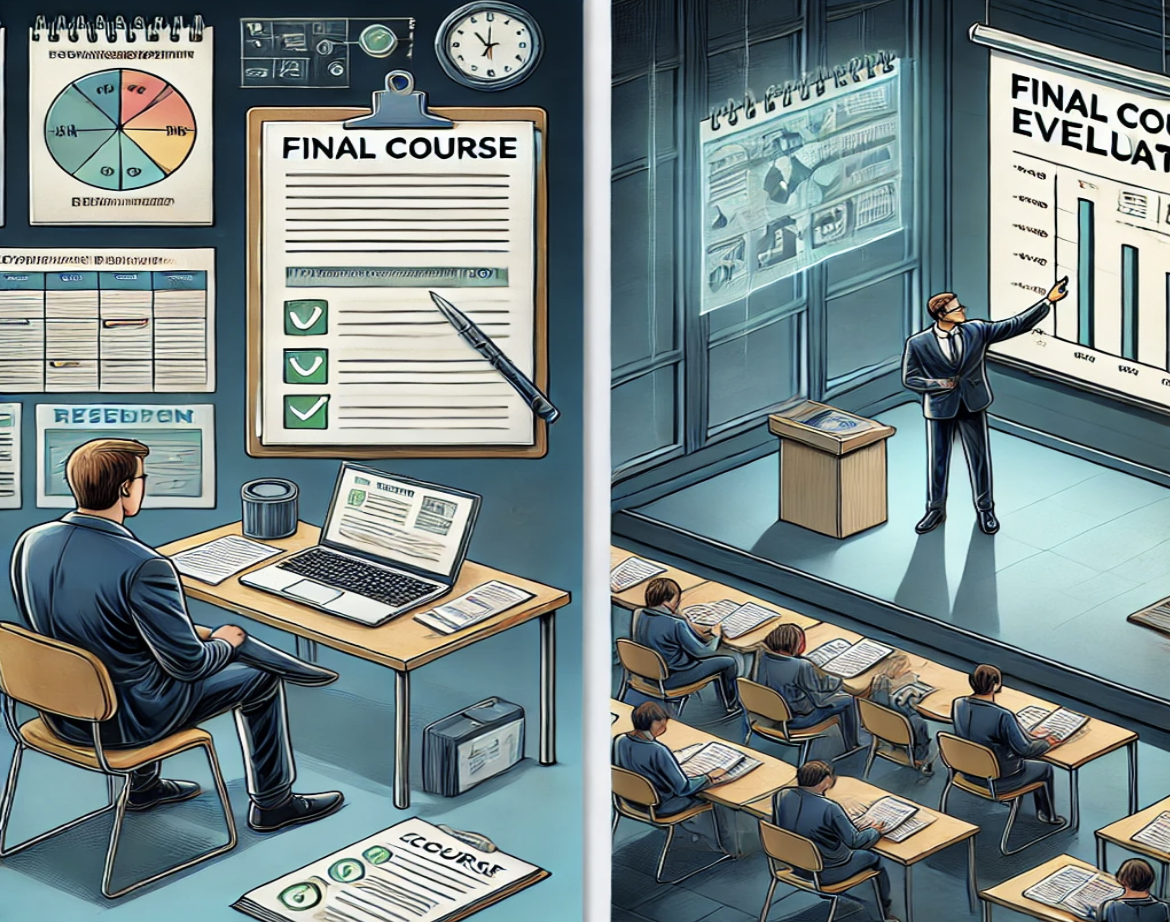
This seminar focuses on the key structural aspects of sustainability, aiming to introduce, discuss, and research this important topic.
Each lecture is dedicated to a specific sub-topic related to sustainability in construction, featuring practical examples to foster understanding and stimulate discussion throughout the seminar. As a result, students will not only gain practical knowledge but also have the opportunity to engage in research and develop skills in scientific presentation and documentation.
In this course, various aspects of evaluating and designing more sustainable structures will be discussed, focusing on several subtopics:
1- Evaluation of the constructed building and decision about the structures.
2- Reutilization of the old building’s elements in new structures
3- Introduction of details and techniques for re-connecting the elements
4- Strengthening and retrofitting the old structures
5- Optimization technique for reduction of the material in designs.
6- Teaching the research and publication techniques.
In this seminar, after five sessions, students will be required to select one of the topics covered, conduct a mini-research study, and present their findings for discussion (this will account for 50% of the credit). Their chosen topics should be thoroughly developed, organized, and documented in a specified format, also contributing to 50% of the credit and potentially suitable for publication. Consequently, there will be no final written exam.

By the conclusion of this seminar, students will have gained a thorough understanding of sustainable construction practices, emphasizing both the innovative reuse of old structural elements and the retrofitting of existing structures. Participants will acquire practical knowledge in evaluating and repurposing materials, which will help minimize waste and enhance resource efficiency. They will delve into advanced topics such as preventing progressive collapse, developing connections for improved structural performance, and incorporating architectural considerations into both new and renovated buildings. This includes an appreciation for aesthetic design, effective space planning, and the creation of sustainable, healthy indoor environments. With this expertise, students will be well-prepared to lead the industry towards more sustainable and innovative building practices, making a tangible impact on the built environment.
For more information on course details and enrollment, please contact (a.baghdadi(at)tu-braunschweig.de)
Schedule and Location:
Location: Room SN 19.7
Time Thursdays: 13:00 to 14:30 (1.5hr)
Testing
The research base course is based on the lecture topics, No Written Exam, Presentation (50%), scintific Organization and documentation (50%).
Language
English